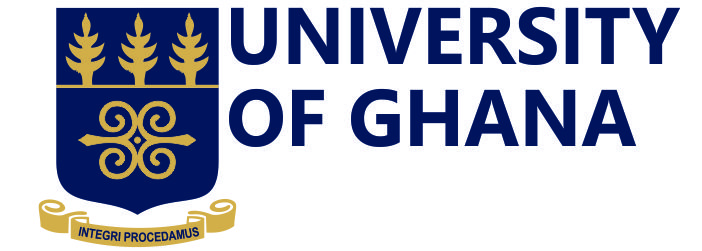Project Name: Urban School Physical Activity Study (USPAS)
Funder: Regional Institute for Population Studies
The Urban Schools Physical Activity (USPAS) was an initiative of the Regional Institute for Population Studies (RIPS), University of Ghana. It was a longitudinal survey studying the influence of physical activity on health and educational outcomes of adolescents in two urban poor communities in Accra – James Town and Ussher Town.
The study is a school-based survey that aimed to study the relationship between consistent physical activity and health using a quasi-experimental approach. Participants were primary and Junior High School (JHS) students from four selected schools in the study localities. Baseline data collection for the project commenced in December 2015. After an intervention introducing additional hours of physical education (PE) into the curriculum of the treatment classes, students were followed for two academic years to track changes in the aforementioned outcomes assessed using anthropometric measures, blood pressure, self-esteem and performance on literacy and numeracy tests.
The study was driven by the need to address increasing rates of overweight and obesity in children and adolescents in developing countries. As physical inactivity is a strong predictor of obesity, the study aims to study the impact of increasing the frequency and consistency of time spent on physical activities. RIPS has been conducting research in the Ga Mashie community for the past five (5) years under the longitudinal Urban Poverty and Health Study and findings from ongoing research indicate the need for a health-related intervention.
The study has two objectives: a research-driven one and a social action oriented one. The first of this study is to assess the influence of increasing the number of physical education in the school curriculum on long-term adolescent health outcomes in the Ga Mashie area in Accra. The second objective is to in the short-term, increase physical activity and fitness levels of primary and junior high school students in selected schools in the area, specifically in Ussher Town and James Town. In the longer term, the study hopes to promote lifelong physical activity and to encourage community adoption of healthy lifestyles.
The project officially launched on the 17th February 2015 in James Town. Stakeholders present included the Minister of Parliament, community leaders, the Ghana Education Service sub-metro office, heads of schools, and representatives of Parent Teacher Associations.
The project is partnering with schools to invest in long-term wellbeing of children in the community. As part of the partnership, RIPS donated computer laboratories to each of the schools involved in the project for their ICT classes. The project covered the costs of renovating classrooms and purchasing equipment. Each computer donated lab was equipped with 12 desktop computers with UPS, one LaserJet printer, internet connectivity and an air conditioning.
